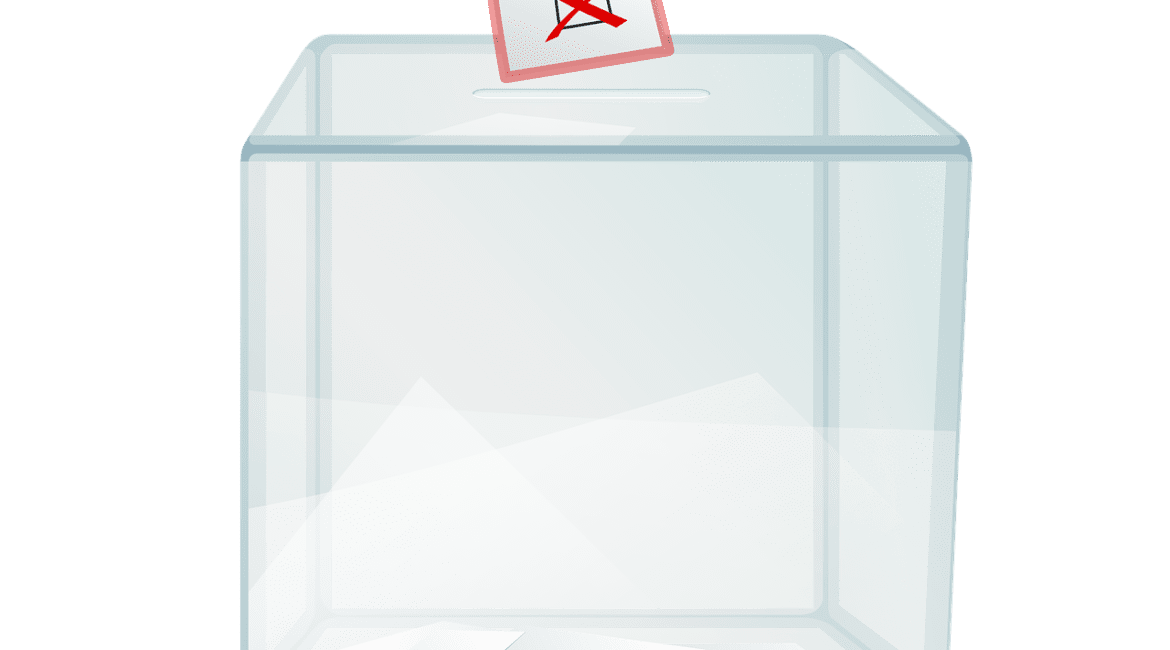Last week, the High National Electoral Commission (HNEC) ordered the dissolution of the electoral committees in Libya. It means that Libya's presidential election is unlikely to take place as planned. In the fall, the parliamentary elections originally scheduled for December 24 were delayed until January. About 80 people were running for office in the deeply divided and war-torn country. These are the most controversial runners:
- Abdul Hamid Mohammed Dbeibah, Tripoli-based Prime Minister, was appointed by the UN in February 2021 to prepare the national elections. However, in fall, he decided to run for office instead and faces some powerful rivals in the east, like Aguila Saleh.
- Aguila Saleh, the speaker of the House of Representatives of the eastern-based Libyan parliament in Tobruk, who has pressed for a new electoral law that allows him to run as a candidate.
- General Khalifa Haftar, who only officially stepped down from his position as head of the Libyan Arab Armed Forces, also called National Army (LNA) for the election. Haftar has been one of the key figures in the past civil war.
- Saif al-Islam al-Gaddafi, who is affiliated with the south. While the second-born son of the overthrown dictator Muammar al-Ghadafi was first rejected as candidate by a court in Tripoli due war crimes, another court declared his candidacy admissible in early December.
The analysts see many parallels to the election in 2014. Back then, undesirable results were revolted against by militias who seized the capital and kicked out the House of Representatives, irrespective of the environment and the circumstances. Then, it is clear that the prospect of another civil war is once again looming, if there is no political consensus prior to or in line with the elections.
On the ground, the situation is becoming even more complicated, since perceived rivals — with the exception of Dbeibah — recently met in Benghazi.
One tragic aspect has become obvious, regardless of whether the elections are delayed until March, or parliamentary elections are held first because they are less controversial: Ten years on from a popular uprising that demanded freedoms and rights, the front-runners of this national election are still all Gaddafi-era politicians.

